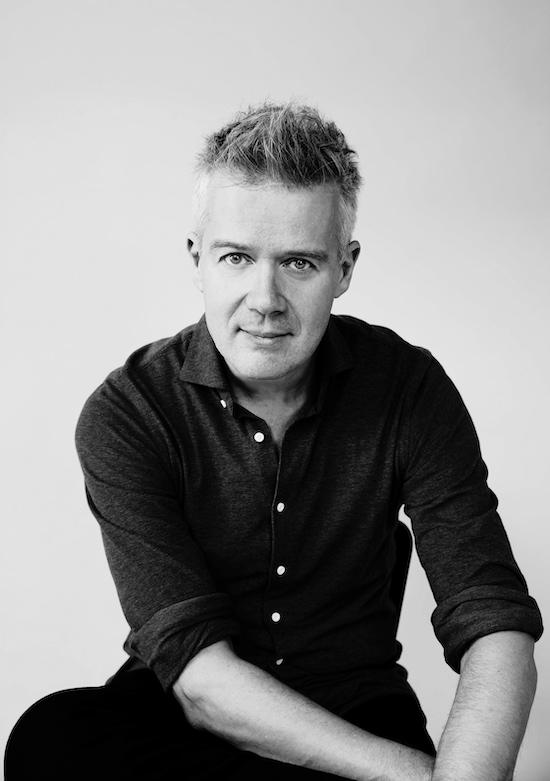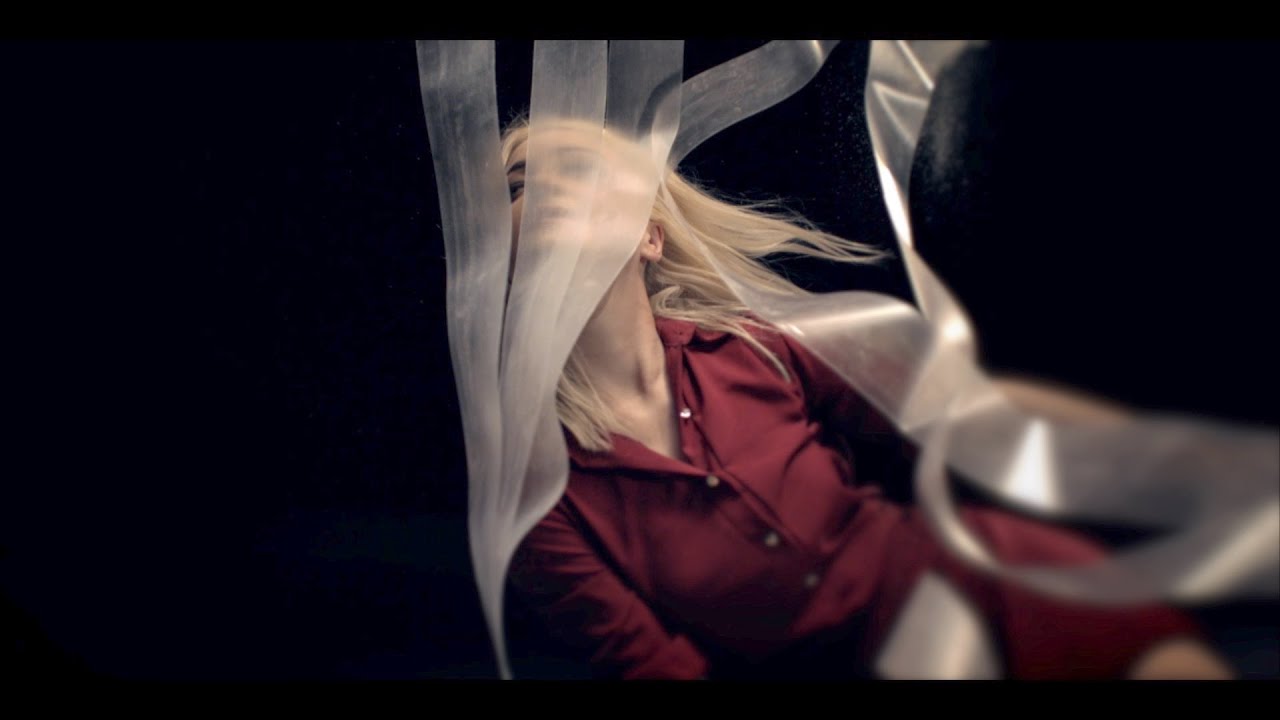Michel van der Aa is an award-winning Dutch musician and composer who has been working in several artistic fields since the 1990s. He is still pushing himself to explore new territories, and on February 28 he will release Time Falling, an album that revolves around the idea of infinity.
Although he has collaborated with the likes of These New Puritans in the past, Time Falling is the first time van der Aa has made a record that steps entirely outside of classical. For the project he’s teamed up again with vocalist and frequent collaborator Kate Miller-Heidke, whose spectacular vocal abilities take the indie-pop sound to elegiac heights.
Today we’re premiering the video for Time Falling track ‘The Aleph’, which uses choice words from Jorge Luis Borges’ short story El aleph.
You can watch the video above and keep reading below for a Q&A with van der Aa in which he expands further on the track, video and his new album.
Having been composing music for decades, why did you feel now is the time to make an ‘indie-pop’ record?
Michel van der Aa: My musical roots actually began in indie-pop/rock music. I was playing in several bands in my teens, writing my own songs and performing every weekend. This background has always influenced my musical language, and traces of it have become more prominent in my recent music theatre and concert works, I never really believed in writing differently across genre.
Time Falling is my first full-scale ‘indie-pop’ project, though I’ve done quite a few collaborations over the last few years with artists like Ana Moura, Wende, and These New Puritans (I co-wrote one of the tracks on Field of Reeds).
When you listen to the new album in full you’ll find that it paints a kaleidoscopic musical landscape, ranging from abstract electronics, 80s synths, DnB beats, and a cappella choir.
The album is said to explore the idea of ‘infinity’. Why did you feel like exploring this through a pop album rather than classical music?
MvdA: The idea for this album originates from the VR installation Eight that was produced in 2018/19 and also features Kate Miller-Heidke. Inspired by the installation project I spent much time researching the theme of ‘infinity’, ending up with so much material and musical ideas that I decided it needed to be explored through a full album. The musical language of Eight was already more in song form and closer to pop music, so I decided to continue down this path.
Two of the tracks on the album are also co-written with Kate who is an Australian singer-song writer in her own right and I also produced the album together with Thijs de Vlieger of Dutch DnB act Noisia. His involvement added a certain edge and energy to the sound of the album that really adds to my original vision.
You have collaborated with Kate Miller-Heidke previously, why did you decide to work with her again and what did she bring to this project?
MvdA: I have worked on three previous projects with Kate, my opera Sunken Garden in 2013, a digital song cycle called The Book of Sand in 2015, and then most recently we collaborated on the VR installation Eight in 2019. I really love working with Kate, like me, she defies genre working in both classical and pop music, and has such a broad range and taste. She’s an amazing vocalist, and a wonderful artist to collaborate with, we really click.
You cite several authors as inspirations on this record – Jorge Luis Borges, Fernando Pessoa, Federico García Lorca, Emily Dickinson – so how does their influence manifest in the sound of the record?
MvdA: I don’t know if they directly influence the sound of the record, but they certainly influenced the lyrics and the atmosphere of the album. I love the way these writers describe ‘infinity’ indirectly. I followed a similar path in the writing and the sound design of the album, describing the space around the subject matter rather than tackling the subject head on.
Today we’re premiering the video for first single ‘The Aleph’. Can you tell us about the concept and creation of the clip?
MvdA: ‘The Aleph’ builds on material from a project called The Book of Sand, I have reimagined and edited the material to create this music video. The concept is a very simple one; the reverse playback of a high-speed recording of sand and transparent filmstrips that slowly rise from Kate’s body. Kate is slowly lifted from the ground until she floats in a black void. With this video I wanted to create the feeling of being in no particular point in space, and no particular point in time.
Michel van der Aa’s new album, Time Falling, is out on February 28 through Disquiet Media



